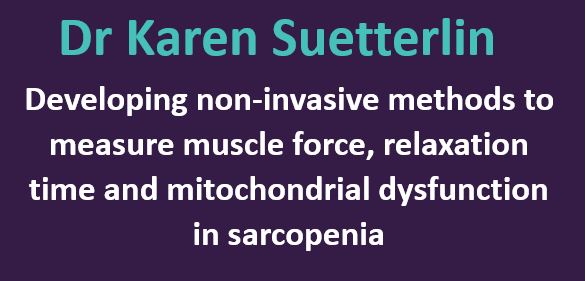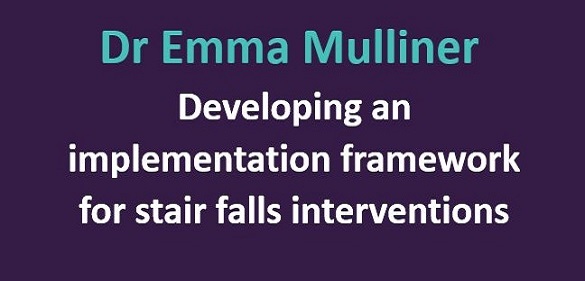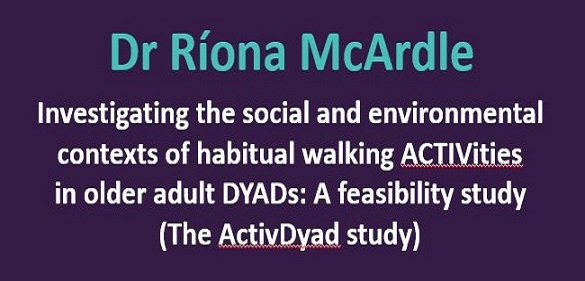Funded projects
Pump-priming
Central to the work of the ART of Healthy Ageing Network is developing the infrastructure, knowledge and collaborations necessary to develop translational ageing research in the UK, with the ultimate aim of building a platform for translational research into healthy ageing.
To help realise this vision, the ART of Healthy Ageing Network pump-priming scheme offered funding for a series of projects aligned with the overall objectives of the Network and which exemplify interdisciplinary collaboration across institutions and involve early career researchers.
We opened our call for pump-priming funding on 27th September 2022. We received a number of excellent applications and were delighted to fund four projects. These projects were launched in January 2023 and were funded until Autumn 2023.
In October 2024, we hosted an online event for PIs of 3 of our 4 pump-priming projects to showcase their funded work and present their reflections on leading interdisciplinary research and building capacity in translational ageing research. Please click here to read more.
For more information about each of our pump-priming projects, please click on the images below:




